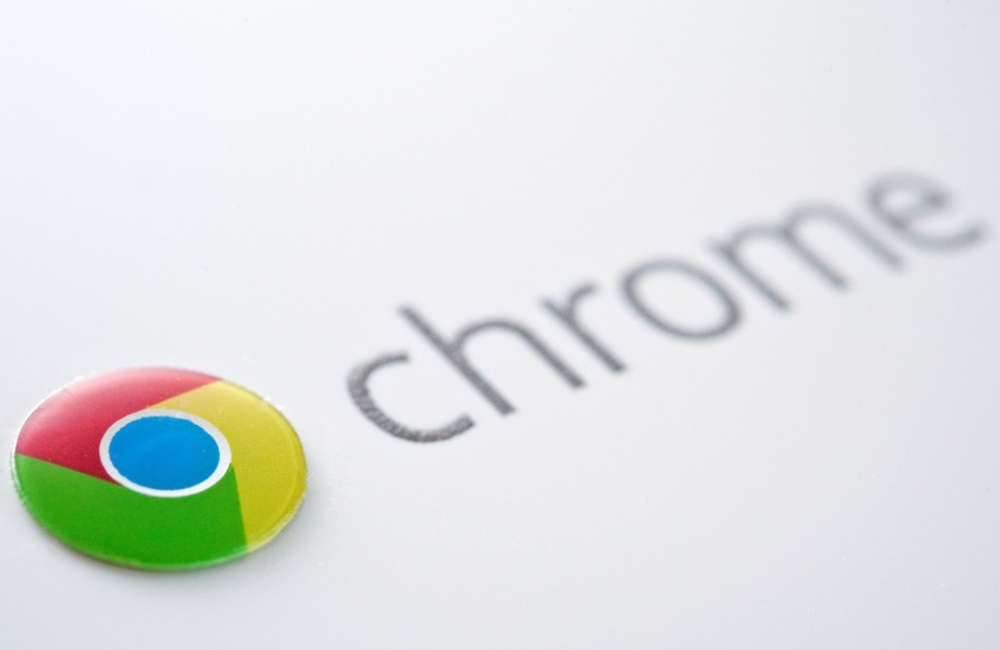Google may be forced to sell its Chrome browser to allow more competition in the online search market. This development comes as part of broader antitrust efforts to regulate big tech companies, with similar cases being pursued globally.
The tech giant retains over 90 per cent of the search engine market and approximately 95 per cent on smartphones, but The U.S Department of Justice filed court papers on Wednesday (20.11.24) calling for a stop to the monopoly. These market share figures have remained largely unchanged for the past decade, raising concerns about market competition.
Government lawyers urged US District Judge Amit Mehta to force Google to cease entering contracts with firms, such as Samsung and Apple, to stop their smartphone and tablet devices having it as a default search engine. These exclusive agreements are estimated to cost Google billions of dollars annually, with the Apple deal alone reportedly worth $15 billion per year.
“Restoring competition to the markets for general search and search text advertising as they exist today will require reactivating the competitive process that Google has long stifled,” they wrote. This statement reflects growing concerns about digital marketplace competition, as the combined advertising revenue of major tech companies now exceeds $300 billion annually.
However, Google has hit back at the “staggering” proposal, which would “hurt consumers and America’s global technological leadership”. The company’s Chrome browser currently serves over 3 billion users worldwide, making it the most popular web browser globally.
Kent Walker, President, Global Affairs and Chief Legal Officer, Google and Alphabet, said: “DOJ had a chance to propose remedies related to the issue in this case: search distribution agreements with Apple, Mozilla, smartphone OEMs, and wireless carriers. Instead, DOJ chose to push a radical interventionist agenda that would harm Americans and America’s global technology leadership. DOJ’s wildly overbroad proposal goes miles beyond the Court’s decision. It would break a range of Google products — even beyond Search — that people love and find helpful in their everyday lives.”
He added: “DOJ’s approach would result in unprecedented government overreach that would harm American consumers, developers, and small businesses — and jeopardize America’s global economic and technological leadership at precisely the moment it’s needed most.” The company’s defense highlights the integration of Chrome with other Google services, which they argue benefits users through seamless connectivity.
Google can present its own proposals in December, with a trial set for April. This timeline puts the case on track to be one of the most significant antitrust battles in recent tech history, potentially rivaling the Microsoft antitrust case of the late 1990s.
The case represents the largest antitrust action against a tech company since the landmark Microsoft case, which resulted in significant changes to the software industry. Industry analysts estimate that Google’s search engine marketing revenue exceeds $100 billion annually, demonstrating the enormous financial stakes involved.
Legal experts suggest that the outcome of this case could set precedents for future tech industry regulation. Similar antitrust investigations are ongoing in the European Union, where Google has already faced multiple billion-dollar fines for anticompetitive practices.
The potential forced sale of Chrome would mark a significant shift in the browser market, which has seen declining competition since Internet Explorer’s dominance ended. Firefox, Safari, and other browsers currently share less than 20% of the global browser market combined.
This case also raises questions about the future of integrated tech ecosystems, as companies increasingly build interconnected products and services. The DOJ’s proposal could influence how other tech giants structure their businesses and product offerings in the future.
Consumer advocacy groups have generally supported the DOJ’s position, arguing that increased competition could lead to better privacy protections and more innovative features for users. However, business groups warn about potential disruptions to the digital economy and American technological competitiveness.

















